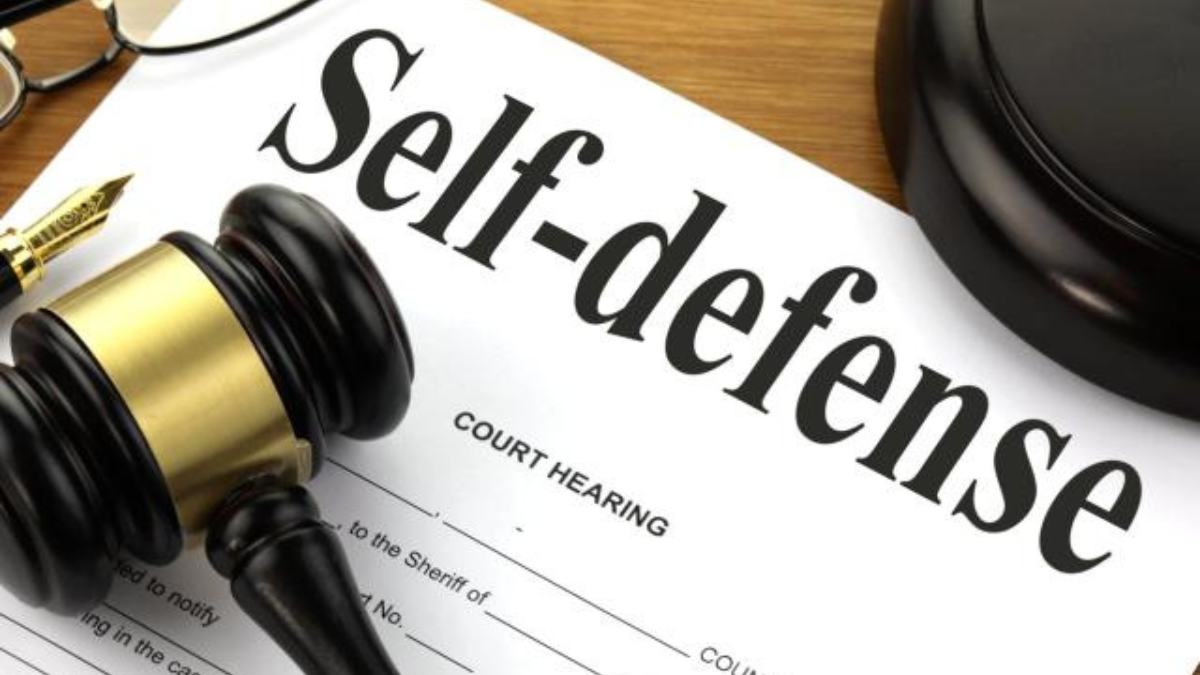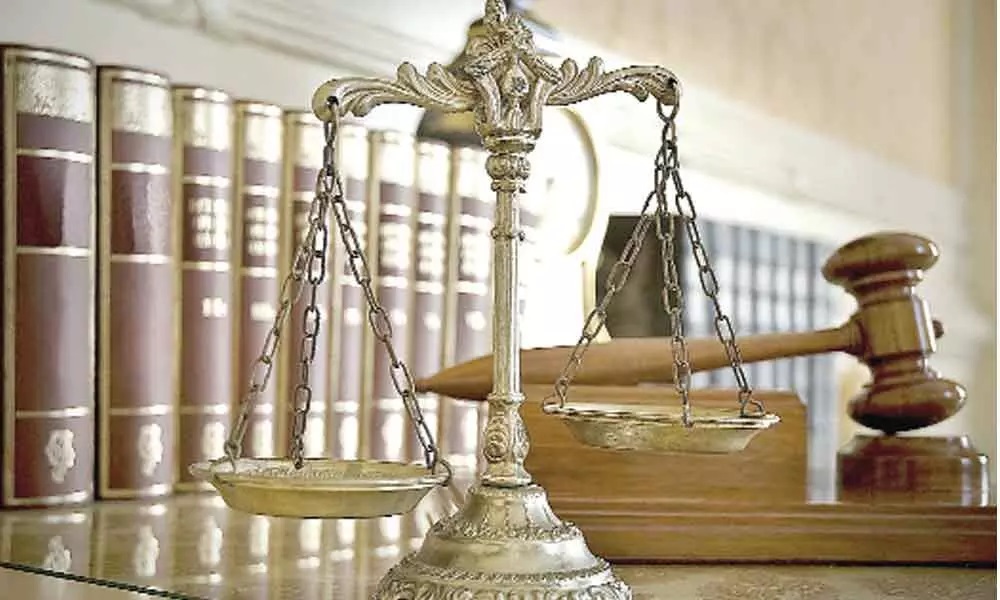Author: Samu Suominen

Green Card Renewal Support: Ensuring Timely Processing
Renewing a Green Card is a critical process for maintaining legal residency in the United States. With strict deadlines and detailed requirements, navigating the renewal process can feel overwhelming. Missing key steps or filing late could lead to complications, including potential disruptions to work or travel. Understanding the importance ofRead More

Why You Need a Real Estate Attorney for Your Property Transactions
Managing real estate transfers may be a challenging procedure with serious financial and legal ramifications. These transactions can include complexity that might be too much for even the most seasoned people to handle, from comprehending the tiny print in contracts to making sure compliance with a complicated web of realRead More

Defending the Accused: The Core Mission of Criminal Defence Firms
In the heart of Singapore’s legal district, criminal defence law firms serve as protectors of justice. These firms, staffed by dedicated criminal defence lawyers, ensure that every accused individual receives a fair trial and proper representation. The work of a criminal defence lawyer in Singapore requires a deep understanding ofRead More

Navigating Legal Complexity: The Essential Role of Legal Experts in Diverse Cases
In today’s complex legal landscape, understanding the intricacies of the law is vital for individuals facing various legal challenges. Legal experts play a crucial role in navigating these complexities, providing essential guidance across numerous legal fields. This article explores the importance of different legal professionals, including personal accident attorneys andRead More

Understanding Self-Defense and Defense of Others in Legal Context
Within the framework of legal principles, self-defense and defense of others serve as crucial defenses for individuals accused of committing acts that would otherwise be considered criminal. While our legal system generally disapproves of resorting to violence, it recognizes the inherent right of individuals to protect themselves and those aroundRead More

What Are the Claims-Made Vs. Occurrence Policies Involved in Teeth Whitening Liability Insurance?
In the realm of liability insurance, including teeth whitening cover, there are two primary types of coverage forms: Claims-Made and Occurrence policies. These forms dictate how and when coverage applies, particularly important in contexts where liability may arise from professional services like teeth whitening. Here’s a breakdown of each: Claims-MadeRead More

How Can You Select the Right Divorce Lawyer for Your Needs
Are you facing the daunting prospect of divorce? It’s a challenging time, and choosing the right divorce lawyer can make all the difference. With the myriad of options available, finding the perfect fit may seem overwhelming. However, by following a few key steps, you can navigate this process with confidenceRead More

Elder Law Lawyer Insights: Navigating Senior Legal Issues
Elder law attorneys specialize in addressing the legal needs of seniors, becoming critical advocates for their health, well-being, and rights. We understand the complexity and sensitivity of issues that our clients face, involving healthcare, long-term care planning, guardianship, retirement, Social Security, Medicare/Medicaid, and other important matters. Our expertise extends toRead More

Resilience of criminal defense lawyers- Traits for overcoming legal challenges
Being a criminal defense lawyer is one of the most challenging yet rewarding careers in the legal field. Defending individuals accused of crimes requires resilience in the face of immense pressure and adversity. Criminal defense lawyers take on uphill battles every day in their quest for justice. What traits allowRead More

Truck Accident Lawyer: Navigating Legal Challenges After a Collision
Truck accidents can be devastating, leading to severe injuries, property damage, and even fatalities. When such accidents occur, navigating the legal challenges that follow becomes essential for victims seeking compensation for their losses. This is where a specialized legal professional known as a truck accident lawyer comes into play. InRead More